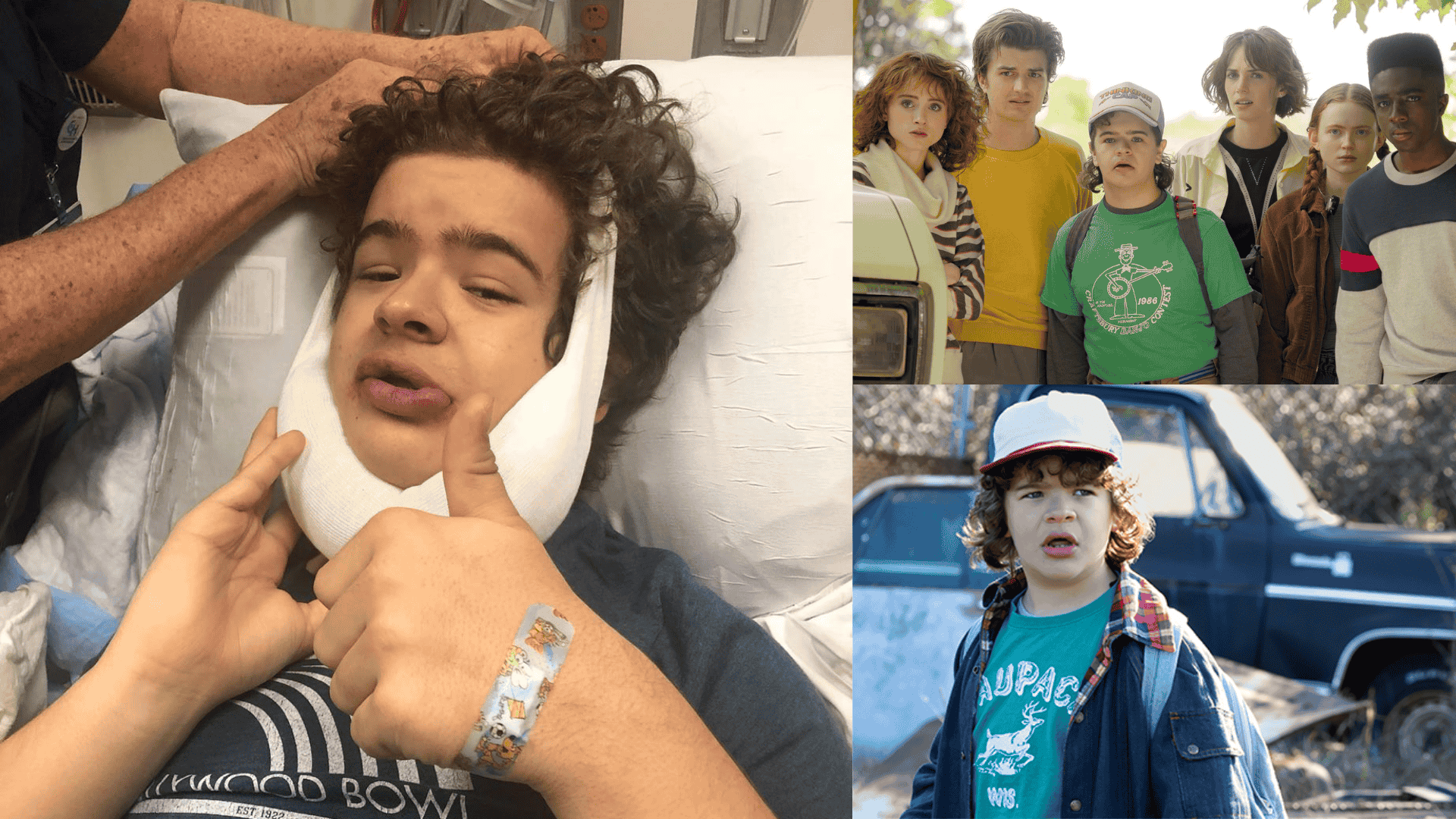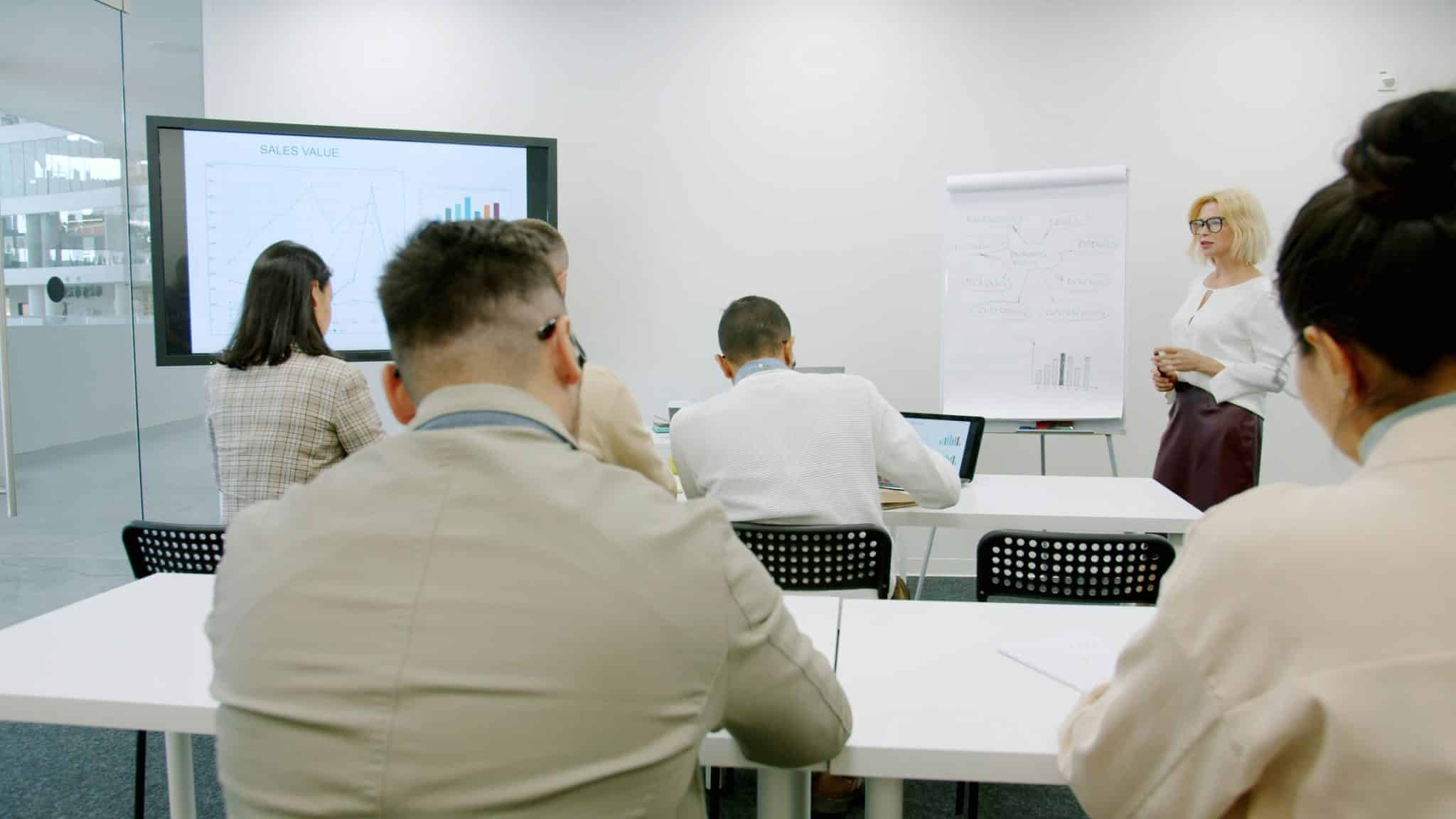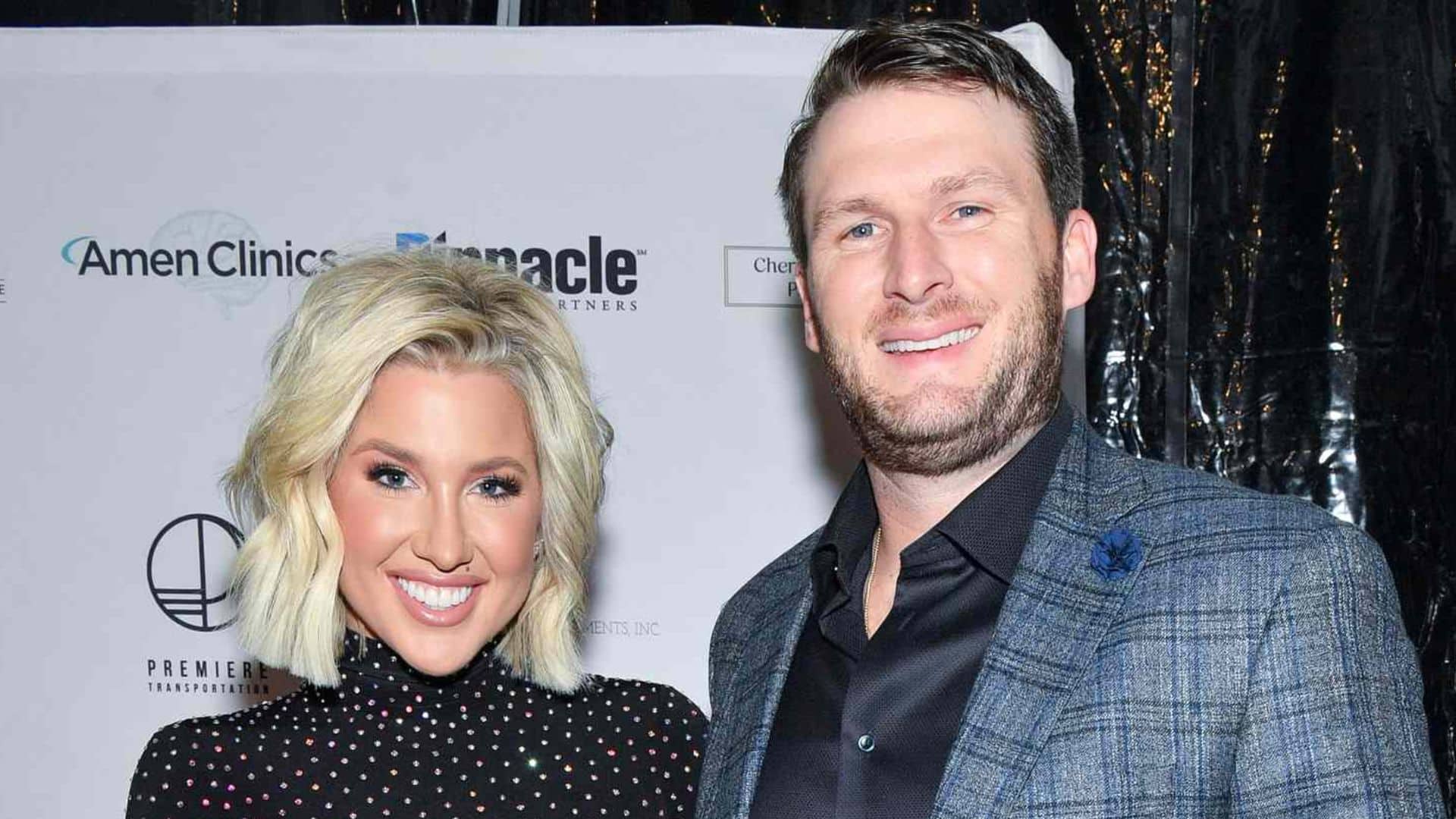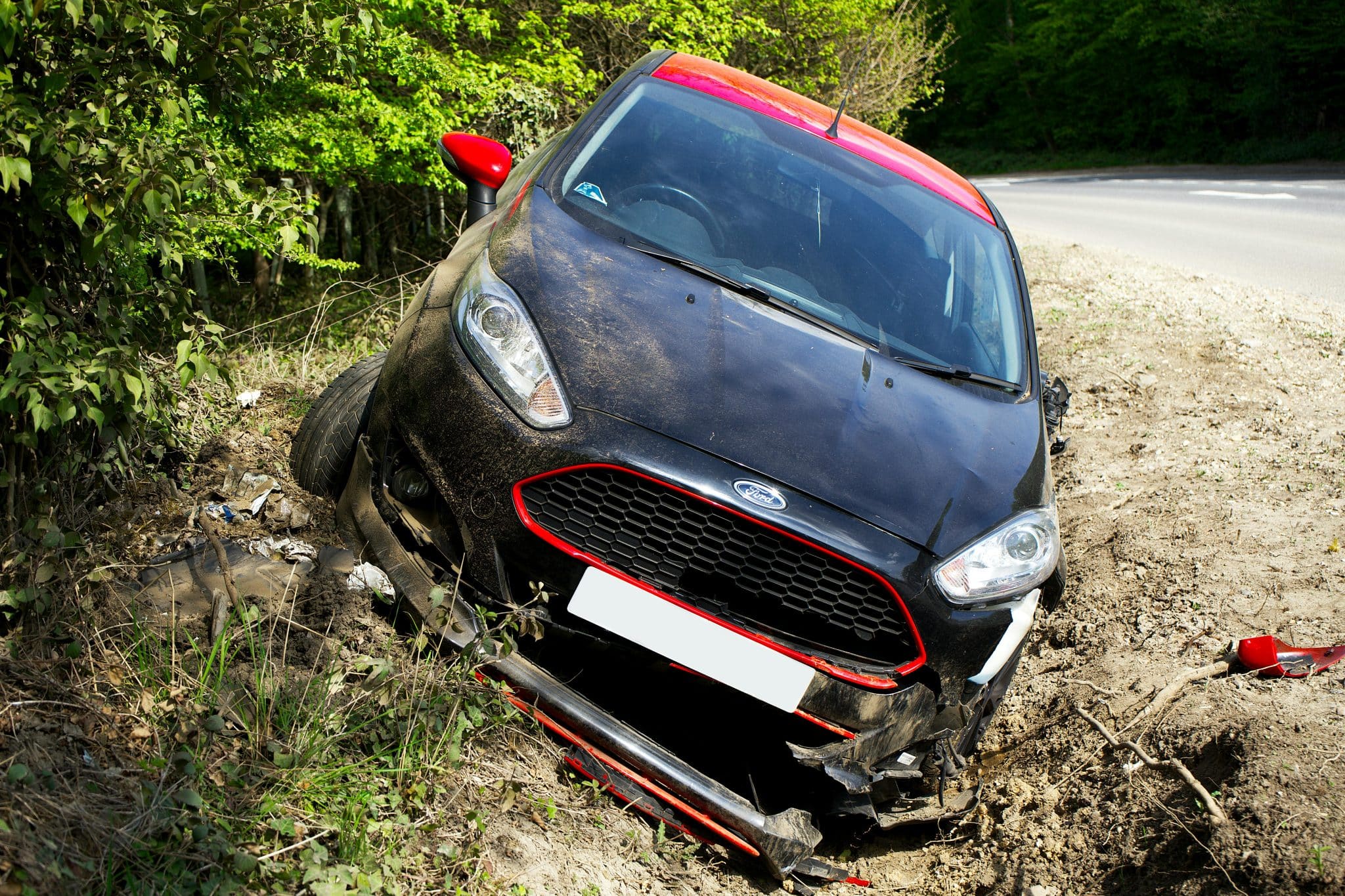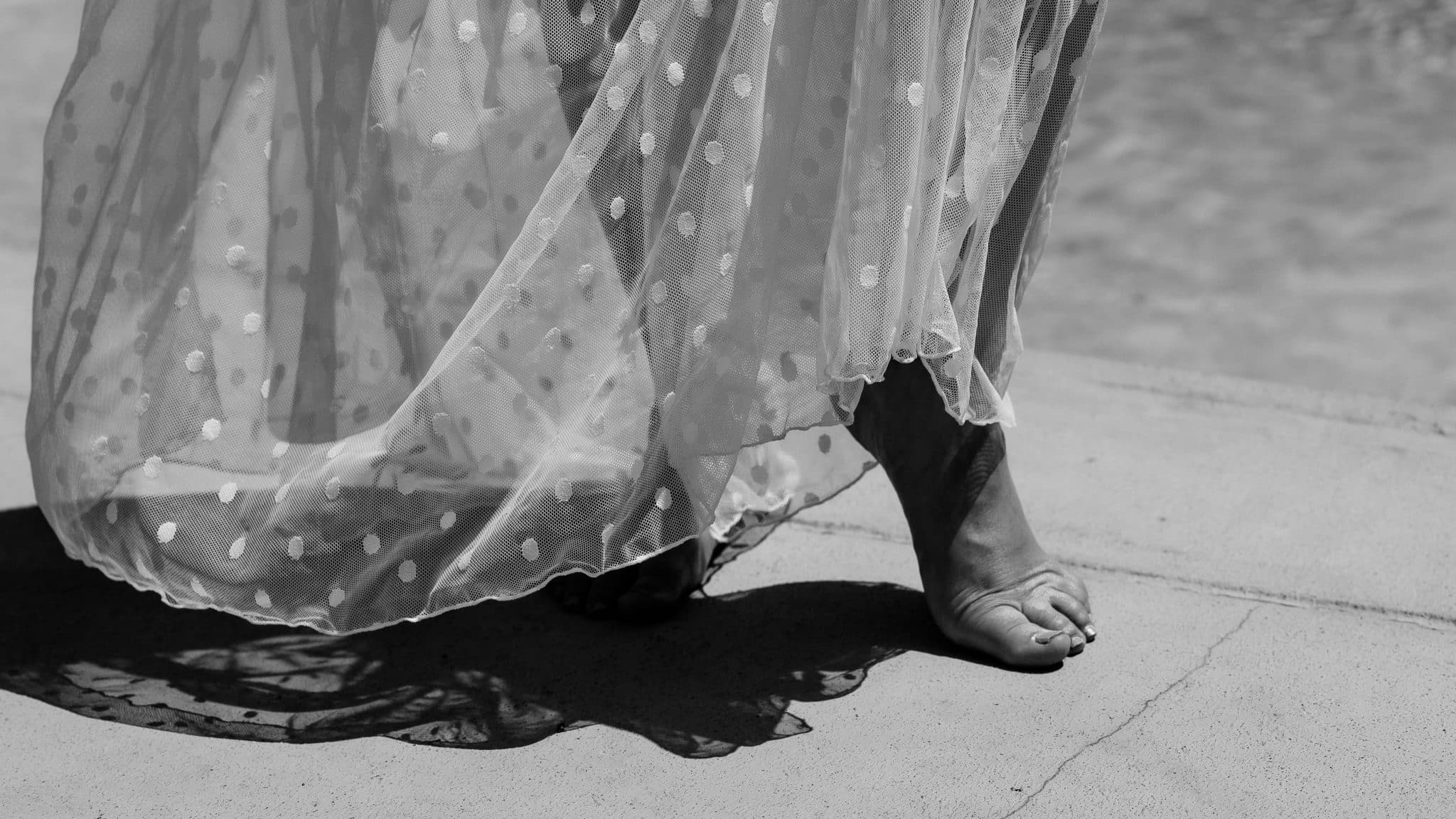Gaten Matarazzo is more than just the funny kid from Stranger Things. The 21-year-old actor lives with Cleidocranial Dysplasia, a rare condition that affects his bones and teeth.
Instead of hiding it, he’s used his platform to educate millions and inspire others facing similar challenges. His story proves that our differences can become our greatest strengths.
Meet Gaten Matarazzo Beyond the Screen
Long before he became the beloved Dustin Henderson on Stranger Things, Gaten Matarazzo was just a regular kid from New Jersey with big dreams.
Born in 2002, he fell in love with performing at age four when his older sister got him into local theater. His passion for acting grew stronger each year, leading him to Broadway at just 12 years old.
But behind his bright smile and natural talent, Gaten was dealing with something most kids never face. He was born with Cleidocranial Dysplasia, a rare genetic condition that affects bone and teeth development.
His condition would later become part of what makes him such a powerful voice in Hollywood and beyond.
A Closer Look at Cleidocranial Dysplasia (CCD)
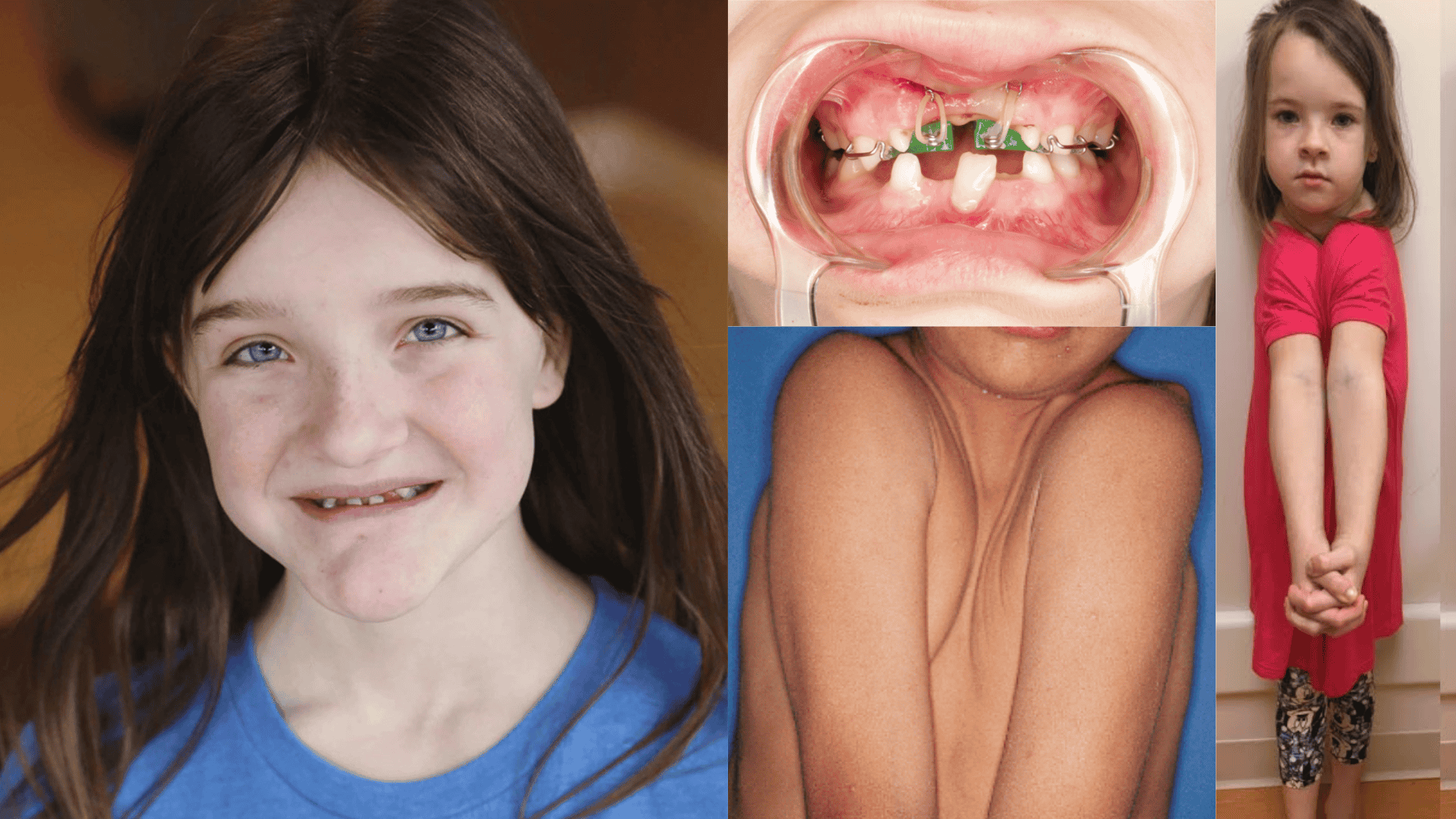
Cleidocranial Dysplasia is a rare bone disorder that affects how teeth and bones grow in the body. People with CCD often have missing or extra teeth, underdeveloped collarbones, and shorter height than average.
The condition gets its name from “cleido” (collarbone) and “cranial” (skull) because these areas are most affected. About 1 in 1 million people worldwide have this genetic condition.
What Causes CCD:
- Genetic mutation – A change in the RUNX2 gene stops bones from forming properly.
- Family history – Parents can pass the condition to their children through DNA.
- Random occurrence – Sometimes the gene changes on its own without any family history.
- Protein problems – The body cannot produce the necessary proteins for bone growth.
Gaten Matarazzo’s Early Life and CCD Diagnosis
Gaten’s parents first noticed something different when his baby teeth didn’t fall out like other kids.
At age four, doctors confirmed he had Cleidocranial Dysplasia after X-rays showed his missing collarbones and extra teeth.
The diagnosis meant years of dental work ahead; Gaten has undergone multiple surgeries to remove extra teeth and create space for implants. Each surgery required weeks of recovery, missing school and activities other kids took for granted.
But even as a young child, Gaten refused to let CCD define his limits. His family supported his acting dreams, driving him to auditions with a mouth full of dental work. Through every painful procedure and recovery, he kept his sense of humor and determination strong.
Life Lessons from Gaten
Gaten proves that our biggest challenges become our greatest strengths. His confidence comes from total self-acceptance.
“I learned early that if you don’t love yourself first, you’ll spend your whole life waiting for others to do it for you,” he said about handling criticism.
He focuses on abilities, not limitations.
“Every surgery, every difficult day taught me that I’m tougher than I thought,”Gaten shared recently.
His message is clear: success isn’t about perfection, it’s about having the courage to be yourself.
Gaten’s Message to Others:
“Just because you have a condition, it doesn’t mean you can’t do everything you dream of. You just do it differently.” — Gaten Matarazzo
Video source: The Doctors
Here, Gaten talks about being bullied, enduring surgeries, and the emotional resilience he has built through his acting career.
Breaking Barriers in Hollywood
When Gaten auditioned for Stranger Things in 2016, he faced a choice: hide his condition or be honest. He chose honesty, and it changed everything.
The Duffer Brothers were so impressed that they wrote his CCD into Dustin Henderson’s character, making him the first major TV character with Cleidocranial Dysplasia.
This shocked Hollywood, where actors with visible differences rarely got leading roles. But audiences loved Dustin instantly. His lisp, missing teeth, and shorter height made him lovable and real.
Critics praised the authentic representation. Gaten’s success proved audiences want real people, not perfection, opening doors for other actors with medical conditions.
The Role of CCD in His Acting Career
Gaten’s real-life experience with Cleidocranial Dysplasia not only shaped his perspective but also brought authenticity to his on-screen roles, turning a personal challenge into a defining strength in Hollywood.
- Real-life authenticity – Gaten’s personal experience with CCD brought genuine emotion and truth to Dustin’s character that no acting method could teach.
- Storyline integration – The Stranger Things writers included Dustin’s dental issues and speech patterns directly from Gaten’s condition, making the character more believable.
- Casting advantage – What other actors saw as a limitation became Gaten’s unique selling point that set him apart from thousands of other young performers.
- Stereotype breaking – His success showed Hollywood that actors don’t need to look “perfect” to be leading characters and fan favorites.
- Industry inspiration – Casting directors now actively seek actors with real differences, knowing audiences connect better with authentic representation.
The Impact on the CCD Community
Before Stranger Things, most people had never heard of Cleidocranial Dysplasia. Gaten’s fame changed that instantly.
Medical websites saw massive search spikes for “CCD” after each season. Families finally had someone famous to reference when explaining their child’s condition. Support groups expanded from tiny online forums to thriving communities.
The CCD Smiles Foundation saw donations increase by 300% after Gaten spoke publicly. Most importantly, kids with CCD no longer felt alone.
They saw Dustin Henderson as a hero, giving parents new hope and showing the rare disease community that their conditions don’t define their limits.
How Can You Help?
Supporting the CCD community doesn’t require huge gestures; small actions make real differences.
You can donate to organizations like CCD Smiles or the National Foundation for Ectodermal Dysplasias, which fund research and help families with medical costs.
Share Gaten’s story on social media to spread awareness about rare diseases. Educate yourself and others by reading about CCD and similar conditions.
If you meet someone with visible differences, treat them with the same kindness you’d show anyone else. Support movies and TV shows that feature authentic representation.
Volunteer at local hospitals or support groups that help families dealing with genetic conditions. Even something as simple as complimenting a child who looks different can boost their confidence.
Remember, awareness leads to acceptance, and acceptance leads to a more inclusive world for everyone.
To Sum It Up
Gaten Matarazzo turned his rare condition into a superpower. By sharing his Cleidocranial Dysplasia story, he’s helped millions understand that being different is actually being special.
His success proves that authenticity wins over perfection every time. Through his advocacy and acting, Gaten shows us that our biggest challenges can become our greatest gifts.
What makes you different might just be what makes you extraordinary.


